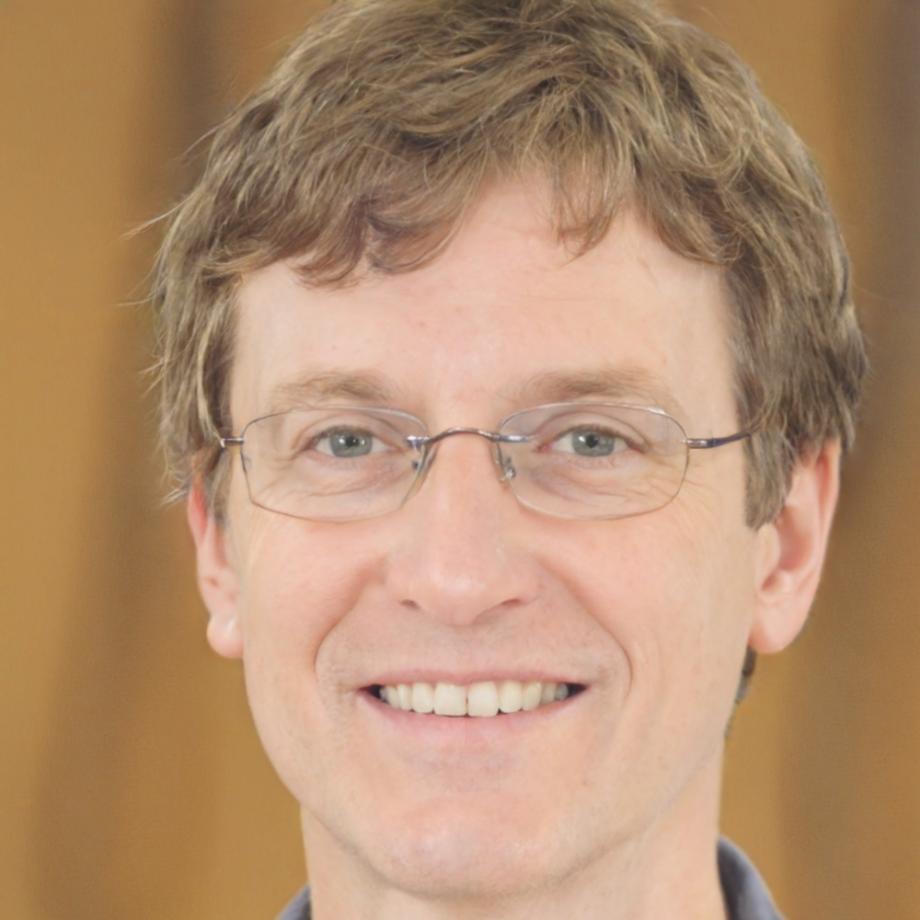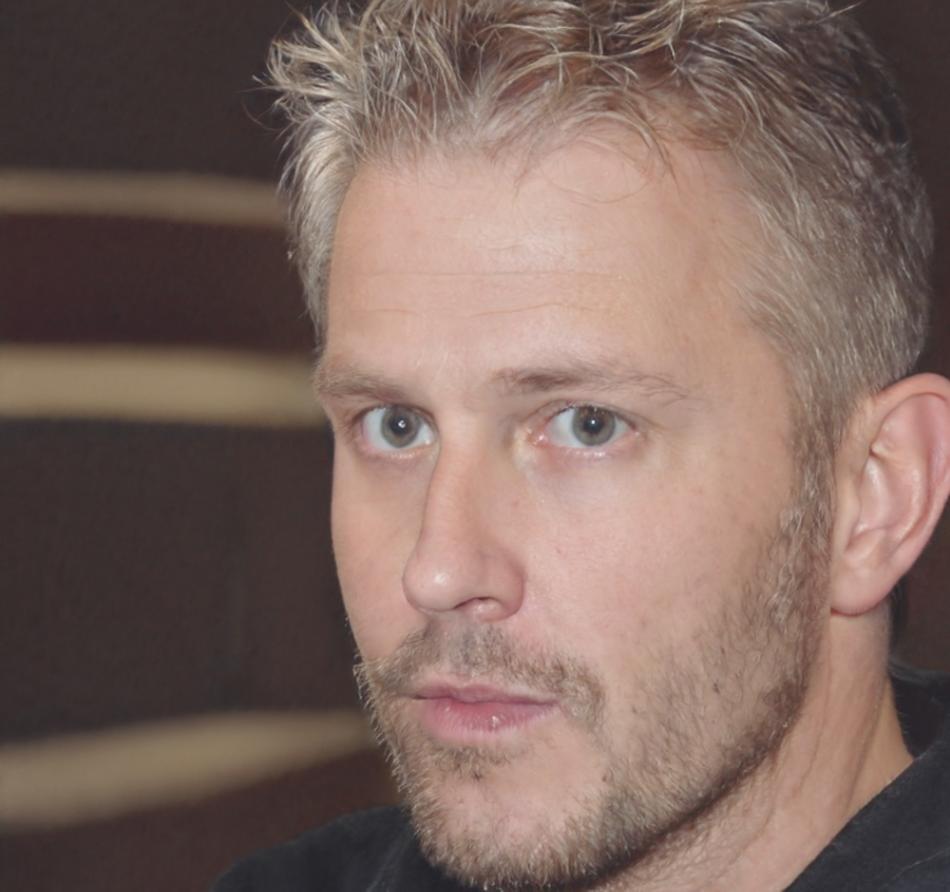Bardh Kelmendi
Technical Artist at mobile studio in Pristina
Bardh came in with a solid art background but kept hitting walls when optimization came up. He spent about six months after the program doing freelance work before landing his current position. What helped most, he says, was finally understanding the cost of his shader decisions.
His studio ships games for mid-range Android devices, which means constant balancing. Last we checked in, he was working on vegetation rendering for an open-world project.
18 months later: Still at the same studio, now mentoring their junior artists on performance considerations. Recently helped them cut draw calls by forty percent on their flagship title.



